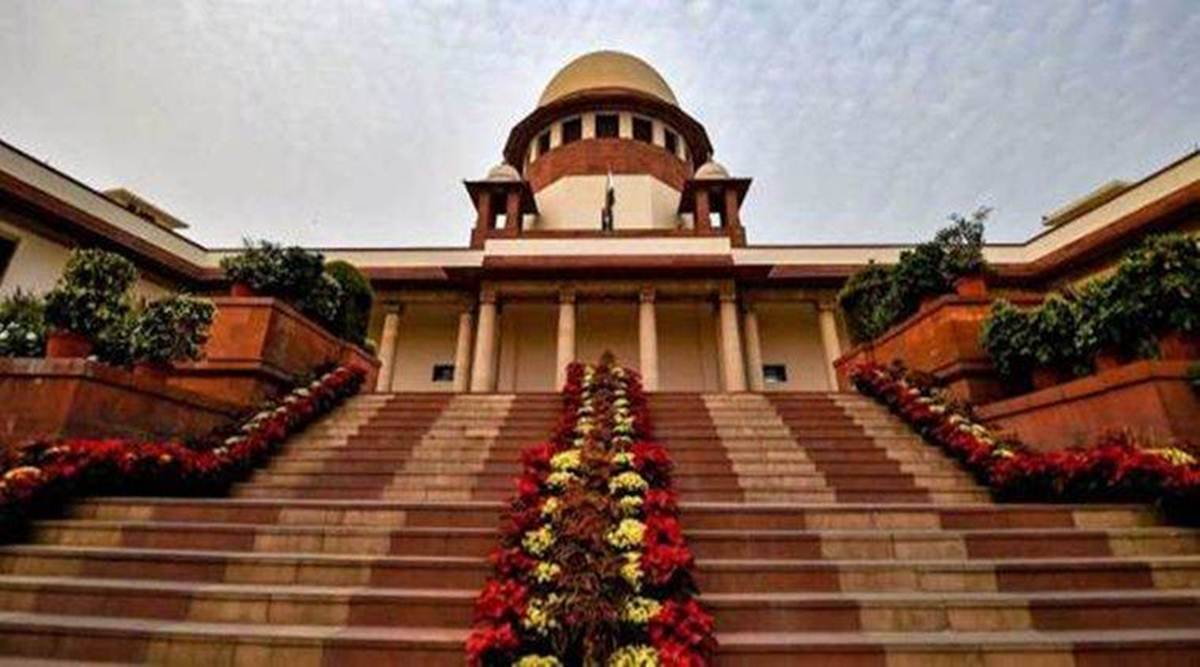Latest News
Case Analysis: Unni Krishnan vs. State of Andhra Pradesh

NAME OF THE COURT: The Supreme Court of India
APPELLANT: Unni Krishnan
RESPONDENT: State of Andhra Pradesh
DATE OF JUDGEMENT: 04/02/1993
BENCH: Sharma, L.M. (CJ), Pandian, S.R. (J), Jeevan Reddy, B.P. (J), Mohan, S. (J), Bharucha S.P. (J)
Background
The case was a string of Writ Petitions and Civil Appeals filed before the Apex Court of the country. The matter under debate was on the determination of the extent of Article 21 i.e., the 'Right to Life and Personal Liberty' under the Constitution of India. The Appellant's arguments were presented with the prayer that professional education must also be an integral part of the 'Right to Education' granted under the constitution. The major contentions from the side of the Petitioner were that since the Right to Education applies to primary education, the same should also be made applicable to professional education. The bench consisting of Justice M. Sharma C.J, R. Pandian, Mohan, P. Jeevan Reddy, and P. Bharucha of the Supreme Court disapproved, and the Petition was dismissed. The case was based on the judgment which was given in Mohini Jain v. State of Karnataka, where the verdict held that the citizens are having the Fundamental Right to Education. But the specific question that the 'Right to Primary Education' as mentioned in Article 45 of the Constitution of India is a Fundamental Right under Article 21 is not discussed in the above case.
Thus it becomes pertinent on the part of the Supreme Court to clarify the issue. The case comes into subsistence through Petitions filed by the private educational institutions challenging the State laws. These State laws were enacted to regulate the fee charges in the states of Tamilnadu, Karnataka, Andhra Pradesh, and Maharashtra. Some educational institutions in the above-mentioned States had resisted and took matters to the Court. It also questioned the precedent established in the case of, Mohini Jain v. the State of Karnataka. Moreover, Article 21 of the Constitution of India was discussed with its extension to the Right to Education. The important question posed before the bench was whether the Right to Education under Article 21 extends to professional courses.
Issues
- Whether the Fundamental Right to Education also extends to medical, engineering, or other professional courses?
- Whether the Indian constitution guarantees a Fundamental Right to Education to all its citizens?
- Whether establishing a private educational institution fall under the ambit of Article 19(1)(g) of the Constitution?
- Does recognition or affiliation make the educational institution an instrumentality?
Arguments by parties
Petitioner
It is the bound duty of the State to provide education to all immaterial of the social and economic background of the student. Moreover, the Petitioners' challenge was based on the Mohini Jain case which broadened the scope of the right to education. They further argued that the State has no absolute monopoly in providing education to its citizens and it is at loggerheads with Article 19 (1) (g) of the Indian constitution as imparting education can also be considered as a business. The Learned Counsel further contended that they have the Right to establish a self-financing educational institution where the autonomy is given to collect fees and money from the students seeking admission.
Respondent
The Respondents in reply filed an affidavit to show the efforts taken by the government in implementing Article 45. They argued that the state has the duty only to provide primary education to the children as Article 45 mandates only providing free and compulsory primary education for children of 14 years age or less. Moreover, the cost incurred in higher education is huge, and making it mandatory for the State to extend the Right to Education would be a farce and not logically maintainable. The accessibility to all primary schools has also been increased which makes the children approach schools easily within commutable distance. It was also contended that there would be large financial mismanagement in providing education in medicine. It was also noted that 3.2% of the total financial share was given to the health sector and was given to medical education. Priorities were given to the health sector dealing with issues like promotions of primary health and hospital services.
Judgment
After hearing the arguments by both the parties the distinguished bench noted that every citizen of this country has a Fundamental Right to Education granted by the Constitution of India. The said Right comes from Article 21 of our Constitution. This Right is, however, is not absolute. Its content and parameters have to be determined under the lights of Article 45 and Article 41 of our Constitution.
In other words, every citizen of this country has a Right to Free Education until he completes the age of fourteen years. Thereafter, his Right to Education is subject to the limits of economic capacity and development of the State. The Court further ruled that a citizen of this country may have a Right to establish an educational institution but no citizen, person, or institution has a Right much less a Fundamental Right, to affiliation or recognition or grant-in-aid from the State. The recognition and/or affiliation shall be given by the State subject only to the conditions set out in, and the only accordance with the scheme continued in Part-Ill of this Judgment. No Government/University or authority shall be competent to grant recognition or affiliation except following the said scheme. The said scheme shall constitute a condition of such recognition or affiliation, as the case may be, in addition to such other conditions and terms which such Government, University, or other authority may choose to impose. Those receiving aid shall, however, be subject to all such terms and conditions, as the aid-giving authority may impose in the interest of the general public. Thus, the Court dismissed the Writ Petition filed by the Petitioner.
Document:



































































































